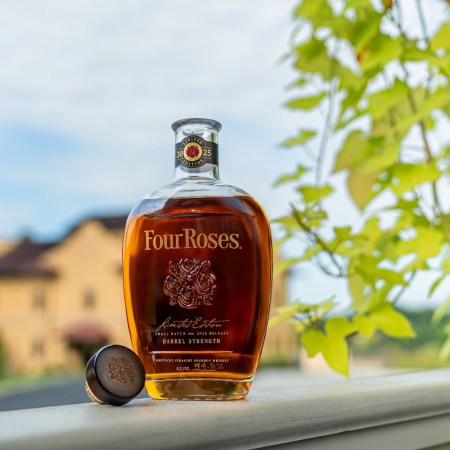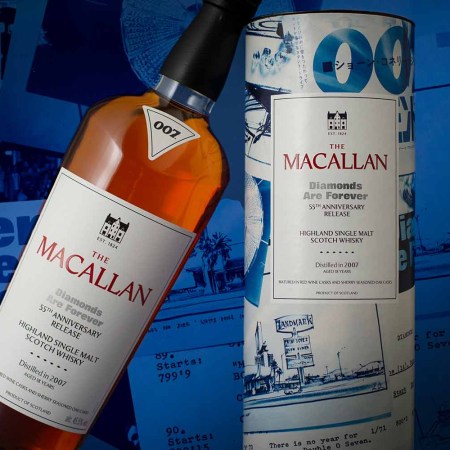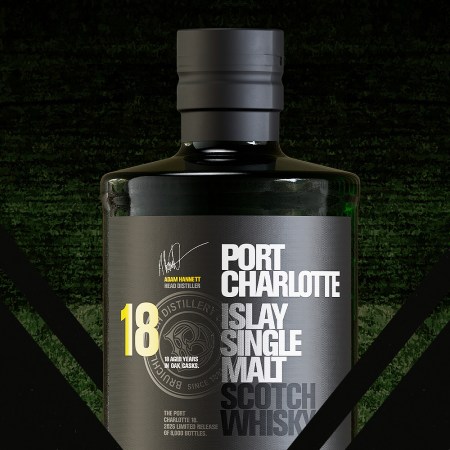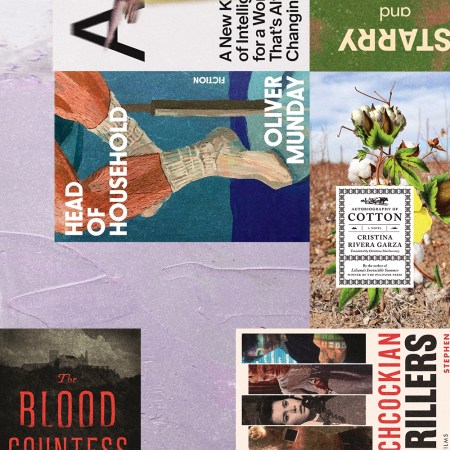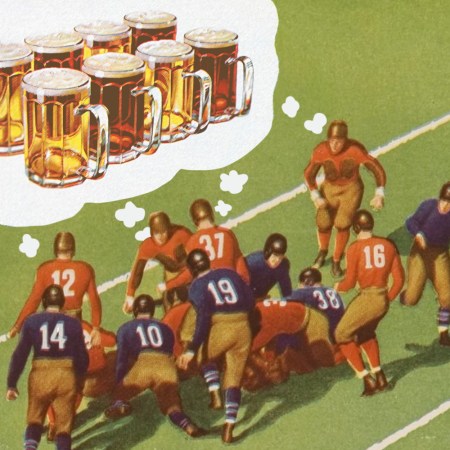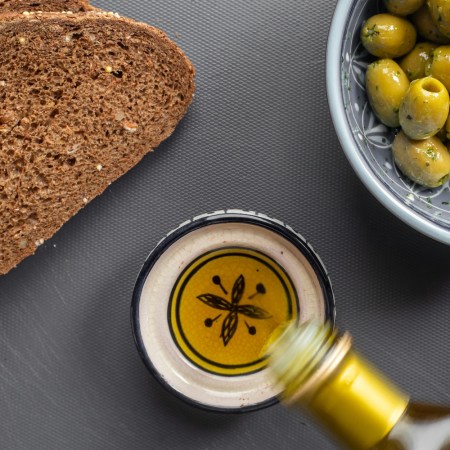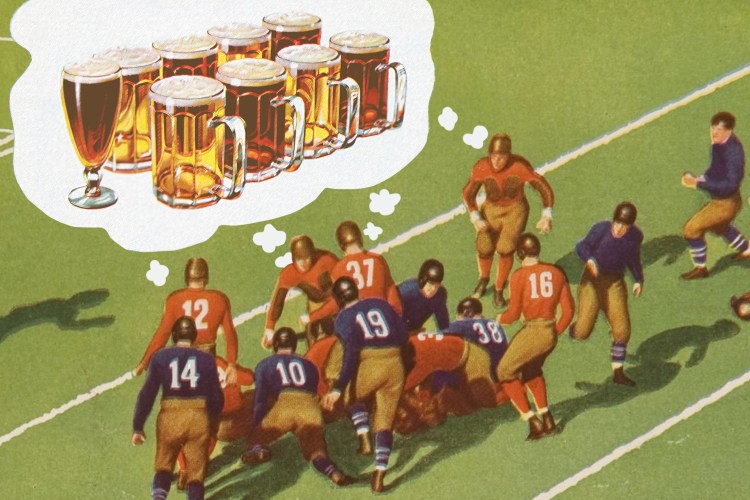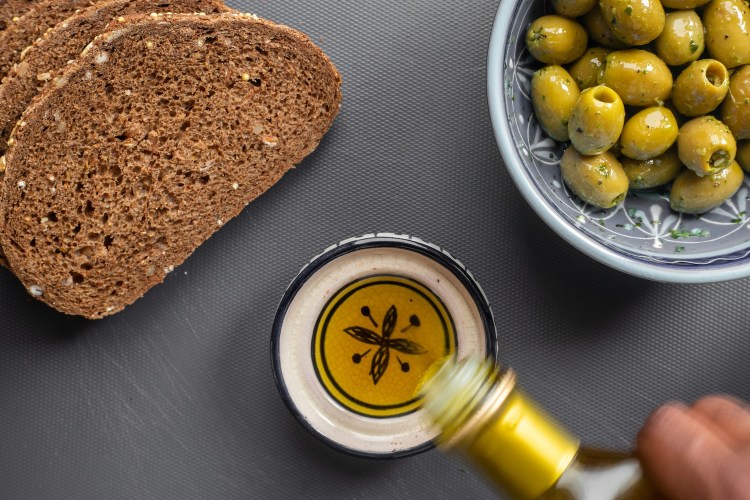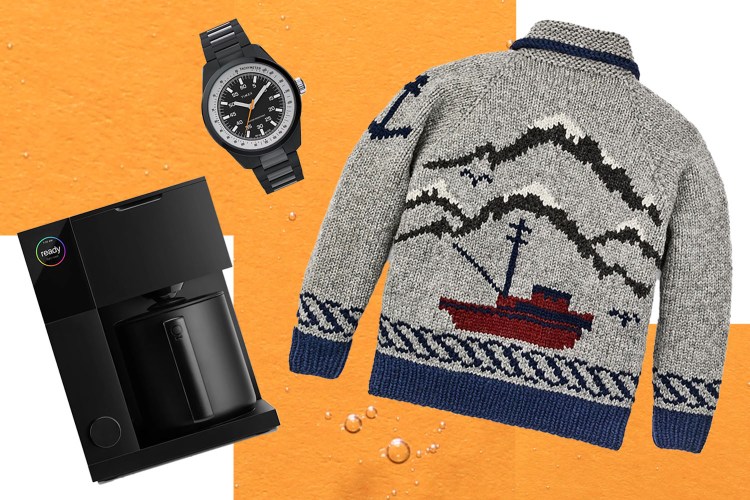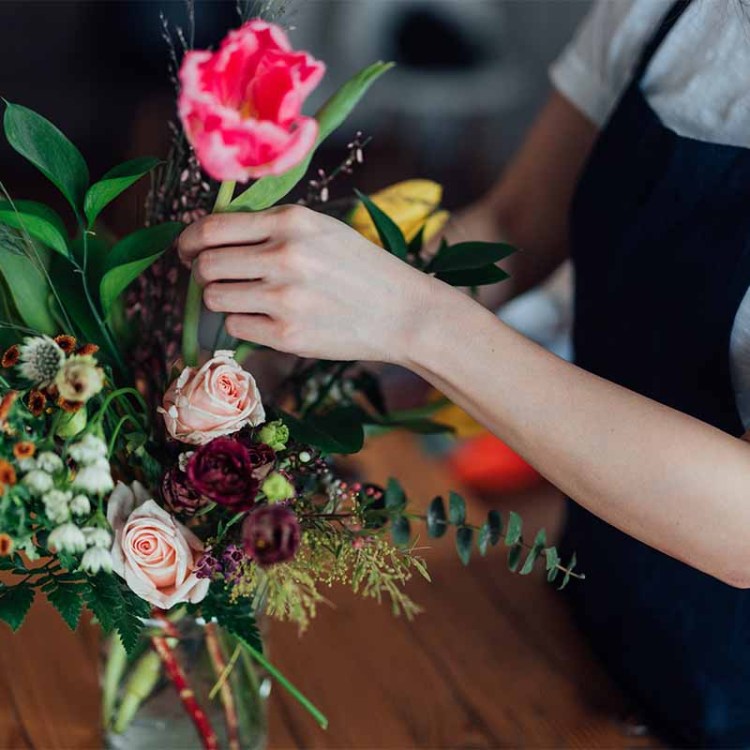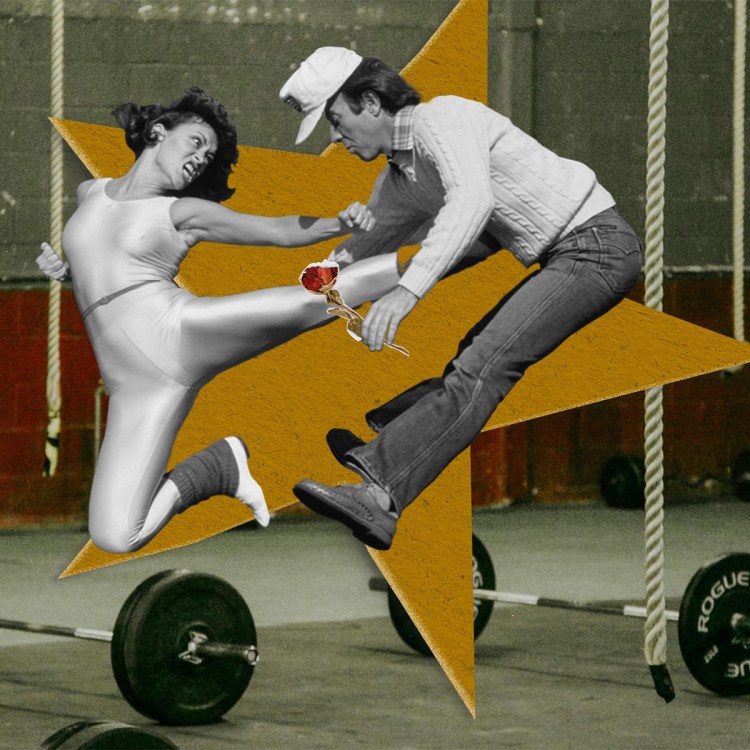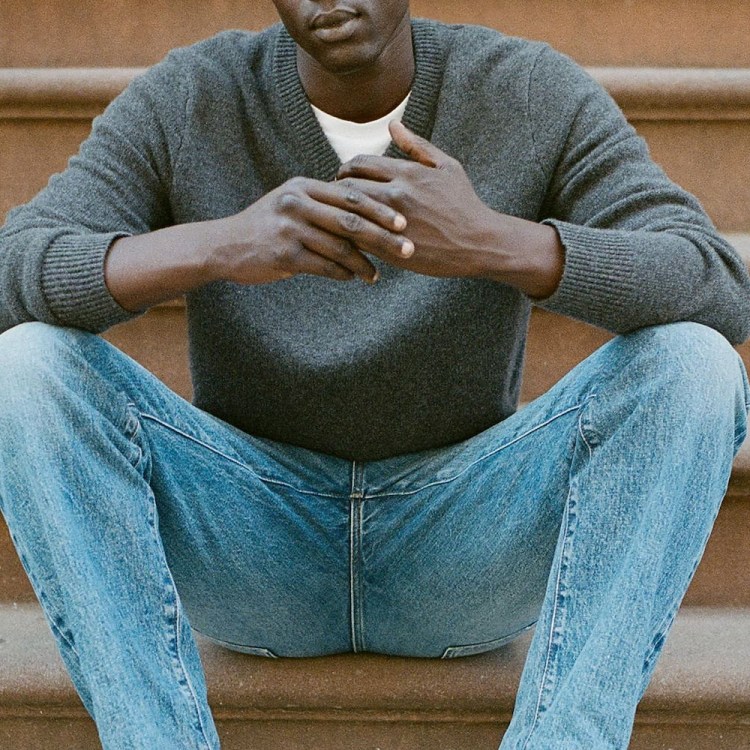Welcome to The Collectors, a series in which we profile the men behind some of the country’s most impressive private collections, and reveal how you, too, can become an aficionado.
By day, Marcus Fan is a System Administrator at Apogee Electronics, an audio recording studio and equipment manufacturer in Los Angeles. Most days, he leaves work and has a drink. He has a favorite bartender. They are friends. In this, he is unexceptional.
But then Fan goes home and makes himself a drink. And here his path diverges from most. Because Fan does not fix his drink from a liquor cabinet — he fixes his drink from a 77-degree storage room that houses more than 370 bottles of rare hooch. His collection is, by any conventional measure, among the best private hauls in the country.
His obsession started with an interest in mixology. LA bartenders know him for his exacting palette. Says roving mixmaster and friend Matthew Biancaniello, “He’s the only one that has probably tried every drink I have created. He doesn’t like bitters or anis, and I like to use those ingredients a lot, so the true test for me is to make a drink that agrees with his palette using those.”
Fan sips; he doesn’t get drunk. It’s about the alchemy, not the buzz. “I fucking love the guy,” says Terrine beverage director Ryan Wainwright. “I’ll be making a new drink and think, ‘Will this get the Fan approval?’ He’s gonna come around and tell me if it’s great or not.”
Fan has been doing this for six years. Three years ago, he decided to move on to straight spirits. The stuff at the back of the shelf.
And so began his collection.
Scotch
Fan started where any collector worth his wait in cask oak does: with scotch. He’s especially fond of independent bottlers like Alchemist and Samaroli, who buy barrels from distilleries (e.g., Balvenie) that don’t conform to the hyper-standardized methods of bigger labels.
Private labels tend to be stronger in both color and content than what you’d find on a shelf. They like to bottle at cask strength and eschew dilutive processes like chill filtering. The result: whiskies that are almost identical to what you’d find in the barrel, like a sediment-laden bottle of Alchemist — one of the gems of Fan’s collection — that the exclusive malt community thinks is Balvenie.
Japanese
Japanese whiskies are a Fan favorite, and he visits often because his girlfriend is from there (“A happy coincidence”). He plans on picking up 26 bottles on a trip this December. He already owns several that you can only get from the distilleries, like a limited edition Nikka ($400), a Hirsch ($1500) and a Yamazaki single cask sherry ($400).
He has a Nikka Black from the 1960s. The exact date is hard to pin down; the Japanese didn’t make age statements then because they were so new to the whisky game.
American Whiskey
The Japanese are also big lovers of bourbon. Before it took off in America, the Japanese were happy to pay a premium for Kentucky’s greatest export.
Fan hangs his hat on a limited-edition Four Roses Platinum, made by the Kentucky distillers exclusively for the Japanese market, and he also regards a Rittenhouse 23 year — which was made by Heaven Hill before their building burned down in 1996 — among his favorites. Both are valued in the thousands. He also has a bottle of Very Old St. Nick, a specialty bottle from the guys behind Pappy Van Winkle.
Mezcal
Fan recently started collecting mezcal as well, an ancient spirit that’s going through a bit of a crisis thanks to its recent popularity. Mezcal is made with wild agave, which isn’t farmed, and its rise has driven strains like the Tepeztate toward extinction. Fan’s most prized bottles come from Mezcalero, Pier de Almas and El Jolgorio: storied labels that are near-impossible to come by in 2015.
If you’re looking to start a Fan-level collection, join a single cask or liquor society in your hometown. Education is paramount to avoiding swindlers, who run rampant in the rare spirits industry.
For one, private labels are often only available on low-budget websites that specialize in rare liquor sales. “I purchased a bottle of whiskey and (the seller) never shipped it out,” recalls Fan. “I got him to finally ship it out, but then he shipped it without the tube. It arrived broken. All in all, it took me month and a half to get resolved.”
An even bigger risk: counterfeiting. “People will buy empty bottles or open a bottle carefully, drink it, and then refill it with something else. Some of the high-end counterfeiters will have heat guns, wax and foil seals — it’s a particularly big issue on auction sites now days. Most don’t check for fakes or even know how to.”
But when he gathers around a table with his friends and pulls the stop on a bottle that, say, only 20 or 30 other people have ever tasted, it’s worth it. There is a certain beauty in knowing that somewhere far away, in the backroom of a Tokyo izakaya or a dimly lit snug in Edinburgh, a man wholly unlike Fan is raising that same glass to the light — swirling it about, watching it settle, sipping from its rim with a satisfied smack — and for a moment, that’s enough.
Every Thursday, our resident experts see to it that you’re up to date on the latest from the world of drinks. Trend reports, bottle reviews, cocktail recipes and more. Sign up for THE SPILL now.
